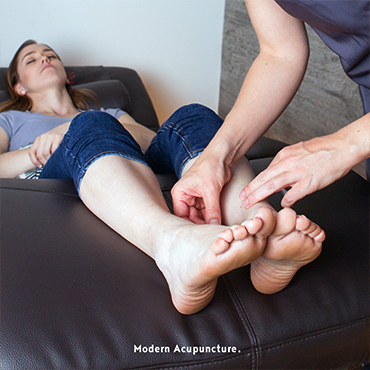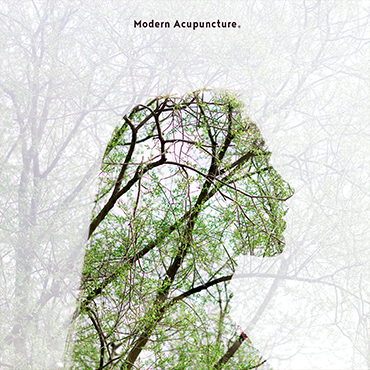Harmonious Healing Art: Celebrating Acupuncture Medicine Day

In the realm of alternative medicine, acupuncture has emerged as a fascinating and effective practice that has captured the attention of people around the world. Every year, on October 24th, Acupuncture Medicine Day is celebrated to shed light on this ancient healing art and raise awareness about its benefits. This day offers an opportunity for this this profession, exploring its early Chinese origins, ancient principles, and its potential to promote holistic well-being.
A Glimpse into Acupuncture's Origins
Acupuncture traces its roots back thousands of years to ancient China. It is a cornerstone of Traditional Chinese Medicine (TCM), a holistic approach that emphasizes the balance of the body's vital flow of energy. According to TCM, disruptions in the connection flow can lead to various physical and mental health issues. Acupuncture aims to restore this balance by stimulating specific points pathways throughout the body.
The Principles Behind Acupuncture
At the heart of acupuncture lies the belief that the body possesses a network of interconnected energy pathways. These pathways correspond to specific organs and bodily functions. Acupuncturists insert thin needles at precise points along the pathways to encourage the body's natural healing mechanisms.
The selection of acupuncture points is based on a thorough assessment of the individual's health, including physical symptoms, emotional state, and overall health. The holistic nature of acupuncture acknowledges the interconnectedness of the mind, body, and spirit, aiming to address the root causes of health imbalances rather than merely treating symptoms.
Understanding the Benefits
Acupuncture has gained recognition for its potential to alleviate a wide range of conditions. From pain management to stress reduction, its benefits extend across both physical and mental well-being. Some common uses of acupuncture include:
Pain Relief: Acupuncture has been found to effectively relieve chronic pain conditions such as back pain, migraines, and arthritis. The release of endorphins and the modulation of the body's pain perception contribute to its analgesic effects.
Stress and Anxiety Reduction: By promoting relaxation and balancing the body's energy, acupuncture can help reduce stress and anxiety levels. The calming effects of the treatment can lead to improved mood and mental clarity.
Digestive Health: Acupuncture has been known to support digestive health by addressing issues like irritable bowel syndrome (IBS), indigestion, and nausea. It can help regulate digestive processes and restore harmony in the gut.
Sleep Improvement: Many people report better sleep quality after undergoing acupuncture. By addressing underlying imbalances and promoting relaxation, this practice can contribute to a more restful night's sleep.
Celebrating Acupuncture Medicine Day
Acupuncture Medicine Day serves as a reminder of the rich history and potential benefits of acupuncture in promoting overall health and well-being. This ancient healing art continues to captivate individuals seeking holistic approaches to healthcare. As we celebrate this day, we're invited to embrace the wisdom of Traditional Chinese Medicine and explore the profound impact that acupuncture can have on our lives. Whether you're looking to alleviate pain, reduce stress, or simply embark on a journey of wellness, acupuncture offers a pathway to harmony and healing.
[Back to main news page]



